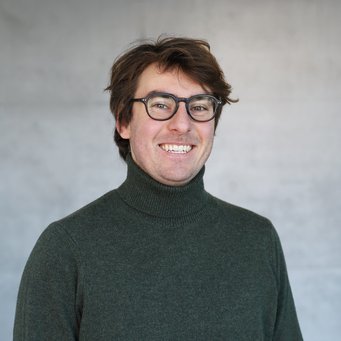Dr. Tom Hick
Main Fields of Research
National and European law of obligations from comparative and historical perspectives; private law theory, especially social justice and sustainability in private law.
Vita

Tom Hick is a German-speaking Belgian. He completed his bachelor studies in English and French at the Université de Saint Louis in Brussels. He earned his master‘s degree from the KU Leuven following a program of study in Dutch and English.
Subsequently, he earned his doctoral degree under the supervision of Prof. Dr. Sophie Stijns at the Instiuut voor verbintenissenrecht at the KU Leuven on the topic A European Structure for ‘No-Contract Law’ in the 21st Century. His dissertation addressed the question of how Belgian, German, French, Dutch, and Italian law deal with unsuccessful attempts to negotiate or conclude a contract. Based on this inquiry, he then questions the extent to which unbalanced power relations are taken into account. Since this does not appear to be the case de lege lata, he proposes that under some circumstances there be an Obliegenheit to conclude a contract when an attempt to negotiate or conclude a contract is unsuccessful because of an imbalance of power.
During his doctoral studies he was an academic guest at the Centre for Private Governance (CePri) at the University of Copenhagen, at the Max Planck Institute for Comparative and International Private Law, and at the International Institute for the Unification of Private Law (UNIDROIT) in Rome. He was a member of both the Ius Commune Research School and the Grotius-Pothier research group in comparative law and was also one of the initiators of the Blog Privaatrecht (privaatrecht.com).
In 2023 he was awarded the Ius Commune Prize for his article “The Coronacrisis and Its Impact on Creditors: Frustration of Purpose” (ERPL 2022, 389-418).
Tom is a member of the Friday Group (Groupe du vendredi/vrijdaggroep), a Belgian think tank, that has the aim of giving young citizens (25-35 years old) a voice in Belgian politics.
Tom Hick has been a research fellow at the Institute since May 2024. He is, on one hand, comparatively examining national and European law of obligations and, on the other, exploring legal-theoretical questions as regards social justice, sustainability, and power structures in and through private law.
